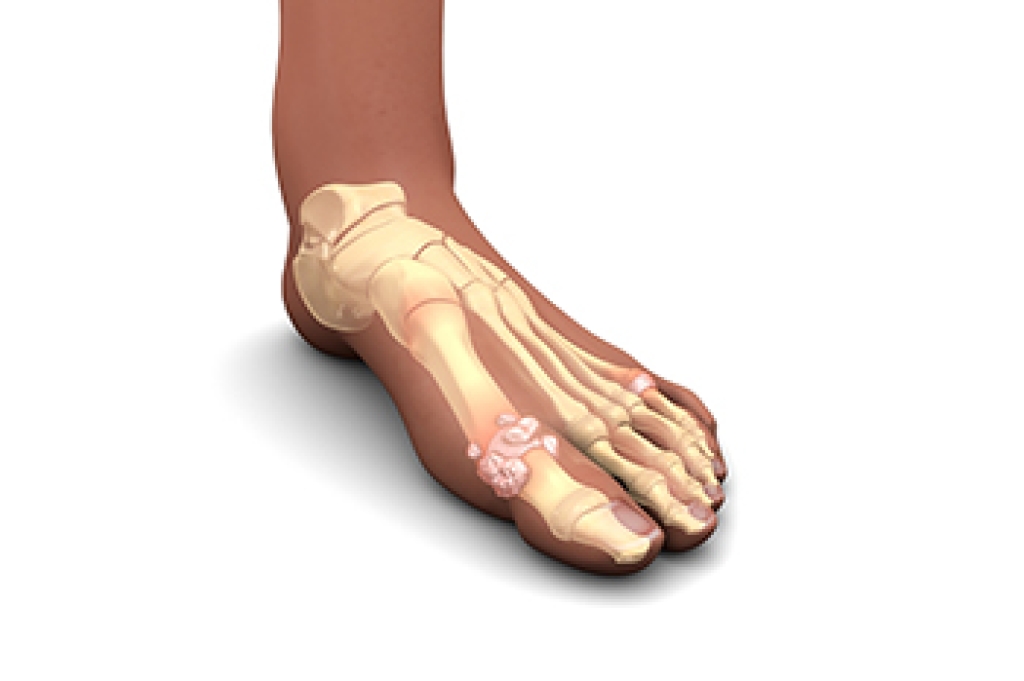
Gout and kidney disease are two distinct medical conditions, but they share a complex relationship that can significantly affect one's health. Gout is a type of arthritis characterized by sudden, severe joint pain, often in the big toe, caused by the buildup of uric acid crystals in the joints. Kidney disease involves the impaired function of the kidneys, leading to the buildup of waste and toxins in the body. What ties these two conditions together is uric acid. When the kidneys are unable to effectively filter and excrete uric acid, it can accumulate in the bloodstream, increasing the risk of gout attacks. Furthermore, some medications used to treat gout can potentially worsen kidney function. Managing both conditions requires a comprehensive approach. It is beneficial for patients to monitor kidney function, control uric acid levels, and adopt lifestyle changes. These can include eating a balanced diet and drinking plenty of water. If you are experiencing gout attacks, it is strongly suggested that you are under the care of a podiatrist who can determine what the cause is, and offer appropriate treatment options.
Gout is a painful condition that can be treated. If you are seeking treatment, contact one of our podiatrists from Mercer Ocean Podiatry. Our doctor will treat your foot and ankle needs.
What Is Gout?
Gout is a form of arthritis that is characterized by sudden, severe attacks of pain, redness, and tenderness in the joints. The condition usually affects the joint at the base of the big toe. A gout attack can occur at any random time, such as the middle of the night while you are asleep.
Symptoms
- Intense Joint Pain - Usually around the large joint of your big toe, and it most severe within the first four to twelve hours
- Lingering Discomfort - Joint discomfort may last from a few days to a few weeks
- Inflammation and Redness -Affected joints may become swollen, tender, warm and red
- Limited Range of Motion - May experience a decrease in joint mobility
Risk Factors
- Genetics - If family members have gout, you’re more likely to have it
- Medications - Diuretic medications can raise uric acid levels
- Gender/Age - Gout is more common in men until the age of 60. It is believed that estrogen protects women until that point
- Diet - Eating red meat and shellfish increases your risk
- Alcohol - Having more than two alcoholic drinks per day increases your risk
- Obesity - Obese people are at a higher risk for gout
Prior to visiting your podiatrist to receive treatment for gout, there are a few things you should do beforehand. If you have gout you should write down your symptoms--including when they started and how often you experience them, important medical information you may have, and any questions you may have. Writing down these three things will help your podiatrist in assessing your specific situation so that he or she may provide the best route of treatment for you.
If you have any questions, please feel free to contact our office located in Toms River, NJ . We offer the newest diagnostic and treatment technologies for all your foot care needs.
